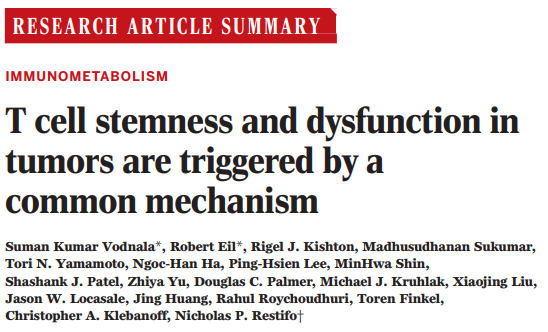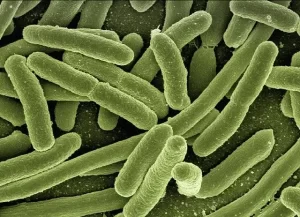Many drugs not related to immunity to participate in immune regulation
- Did Cloud Seeding Unleash a Deluge in Dubai?
- Scientists Identify Gut Bacteria and Metabolites that Lower Diabetes Risk
- OpenAI’s Model Matches Doctors in Assessing Eye Conditions
- UK: A Smoke-Free Generation by Banning Sales to Those Born After 2009
- Deadly Mutation: A New Monkeypox Variant Emerges in the DRC
- EPA Announces First-Ever Regulation for “Forever Chemicals” in Drinking Water
Many drugs that are not originally related to immunity are often found to participate in immune regulation
Many drugs not related to immunity to participate in immune regulation. A lot of drugs produce immunity. Because the immune system is very complex and the network intersects vertically, many drugs that are not originally related to immunity are often found to participate in immune regulation, and thus can be used as therapeutic targets for tumor immunity.
01 Antidepressant drugs: monoamine oxidase inhibitors
On May 14, 2021, Science Immunology published a research article by UCLA scientist Yang Lili’s research group, and found that monoamine oxidase-A inhibitors can activate T cells as tumor immunotherapy drugs.

Monoamine oxidase-A inhibitors are commonly used antidepressants, including phenelzine, bromfarotamine, troxanone, and selegiline. The authors found that knocking out monoamine oxidase-A would up-regulate CD8 T cells and inhibit tumor growth.

Researchers found that monoamine oxidase regulates the activation of CD8 T cells through the autocrine serotonin pathway.

Researchers confirmed that phenelzine has anti-tumor activity and has a synergistic anti-tumor effect with PD-1 antibody.

02 Lipid-lowering drugs: PCSK9 antibody
On November 12, 2020, Chinese scientist Chuan-yuan Li of Duke University Medical Center and others published an article in the journal Nature and found that inhibiting PCSK9 can enhance the anti-tumor effect of PD-1 antibodies.

Researchers found that injection of PCSK9 antibody Evolocumab can overcome tumor resistance to PD-1 antibody.

The researchers further explored the mechanism and found that knocking out PCSK9 significantly increased the infiltration of T cells in tumor tissues.

PCSK9 can promote lysosome-mediated degradation of tumor cells MHC-I.

03 Manganese ion
The Immunity article of Jiang Zhengfan’s research group in 2018 found that manganese ions greatly increase the sensitivity of the cGAS-STING pathway to double-stranded DNA.

Jiang Zhengfan’s research group cooperated with Professor Han Weidong of the 301 Hospital and published a research article in Cell Research on the combination of manganese agent and PD-1 antibody, which significantly enhanced the therapeutic effect.

An important research and development direction of manganese agents in Jiang Zhengfan’s research group is new adjuvants, which have stronger effects than traditional aluminum agents.
04 Potassium ion
In 2019, the Science journal published a research article by scientists from the National Cancer Institute (NCI) and found that potassium ion concentration has an important effect on the stem cell properties of T cells.

Researchers have found that high concentrations of potassium ions will limit the effector function of T cells, but will prompt them to restore the characteristics of stem cells and produce more T cells. This new mechanism can be used in adoptive T cell therapy. T cells are treated with high concentration of potassium ions in vitro to keep them dry, and they can exert a stronger and longer lasting anti-tumor effect after being transfused to the patient. The researchers verified the feasibility of this method in a mouse model.

Sum up
More and more targets have been found to be involved in immune regulation. Monoamine oxidase inhibitors, PCSK9 antibodies and even manganese ions have been found to be used as tumor immunotherapy.
The core of the immune system is to distinguish between self and non-self, and the complex regulatory network also provides a huge treasure trove for drug discovery.
(source:internet, reference only)
Disclaimer of medicaltrend.org



